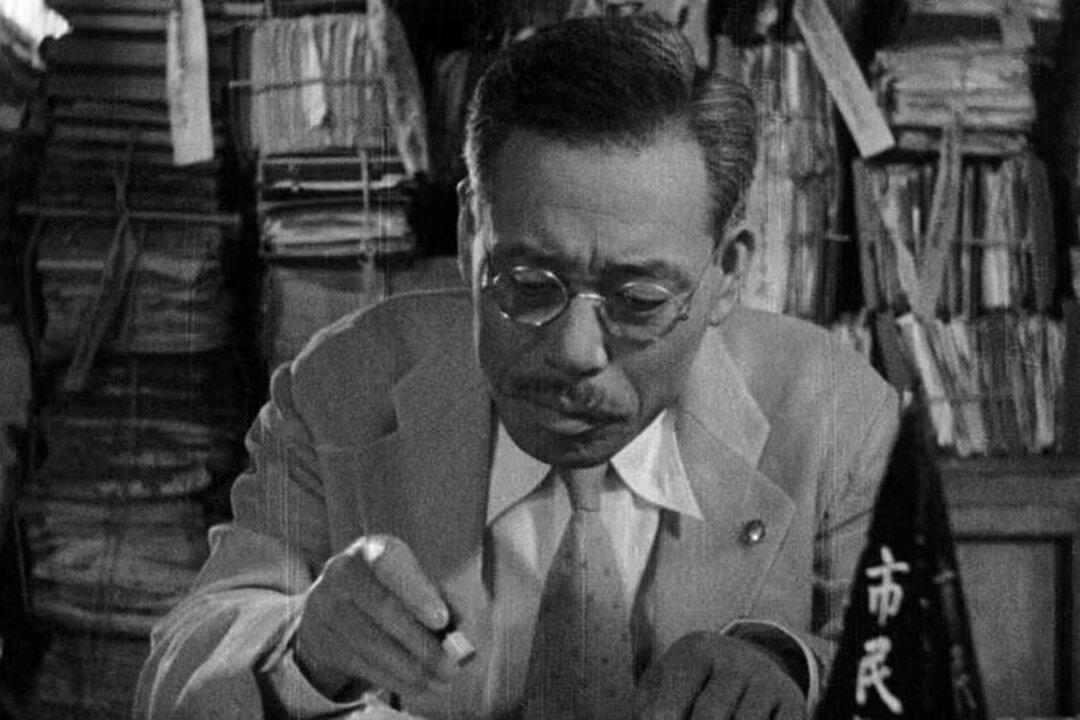NR | 2h 23m | Drama | 1956
Renowned filmmaker Akira Kurosawa is often celebrated for his breathtaking samurai epics like “Rashomon” (1950), “Throne of Blood” (1957), and, my personal favorite, “Seven Samurai” (1954). Other works, like “High and Low” (1963) and “Ikiru” (1956), reveal a different yet equally compelling facet of his artistry. (Critics praised a remake of “Ikiru” starring Bill Nighy.) These films move away from epic battles and historical settings. Instead, they delve into the more contemporary complexities of human nature and the profound exploration of what it means to truly live.






